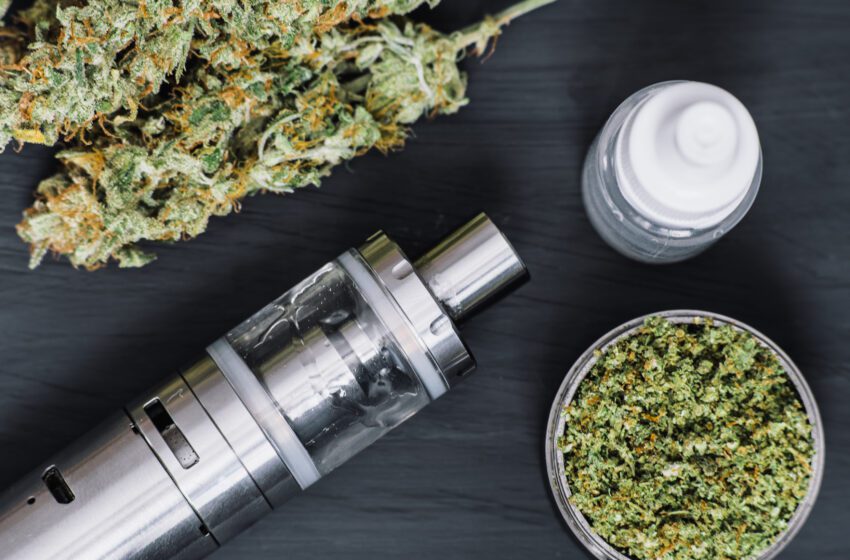For the first time, the vaping industry will take center stage in Dubai for the international World Vape Show in 2020. Just five months ago, the sale of vapor products was outlawed in the UAE.
New regulation on the sale of registered products launched in April, opening the door for Dubai to host the region’s largest vaping trade event next June at the World Trade Centre, according to an article in thenational.ae.
An estimated 64 million people are expected to switch from traditional cigarettes to alternative nicotine delivery devices over the next three years, boosting the global industry by an estimated $53.4 billion by 2024.
Many businesses will be hoping to tap into that market at the three-day vaping expo from June 3, the article states.
“Before April, it was against the law for retailers in the UAE to sell e-cigarette products but now there are huge opportunities for both manufacturers and retailers to take advantage of,” said Steve Diprose, managing director at Quartz Business Media, organisers of the World Vape Show.
“We have created this event to bring the industry together in a new market and to understand how suppliers can reach consumers.
“The show will help traders understand how the vaping category in-store can drive footfall, sales, and profits, and what we can learn from both specialist outlets and the big retailers,” according to the article









